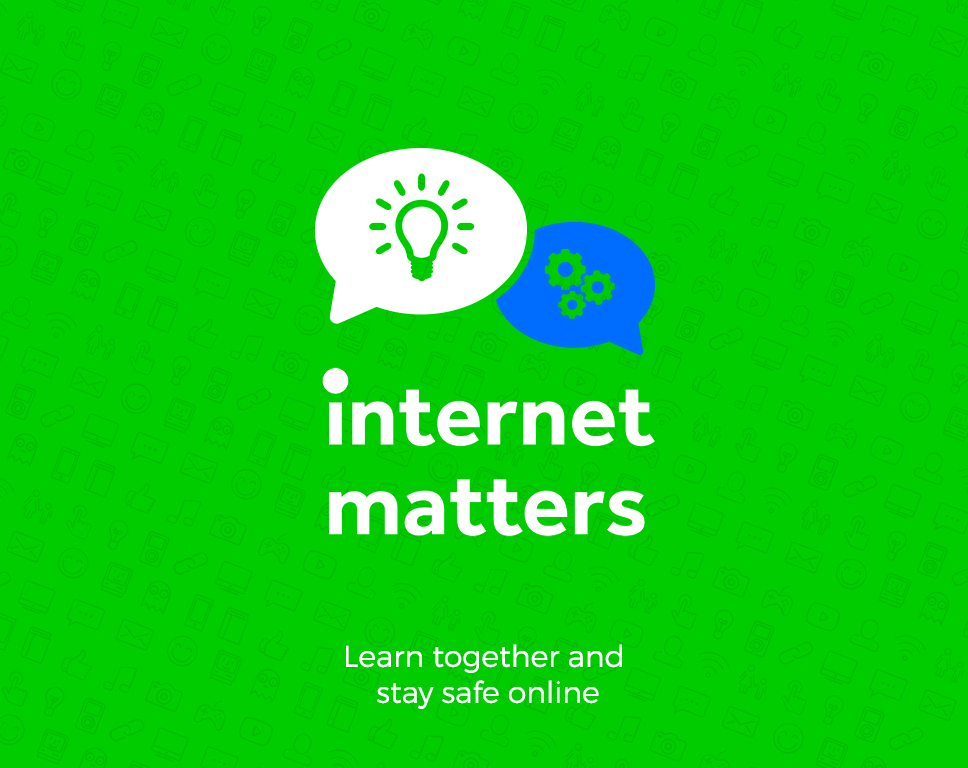PSHE
PSHE at Bickershaw Church of England Primary School
We believe that education in PSHE and citizenship enables children to become healthier, more independent and more responsible members of society. We encourage our pupils to play a positive role in contributing to the life of the school and the wider community. In so doing, we help to develop their sense of self-worth. We teach them how society is organised and governed. We ensure that the children experience the process of democracy through participation in the school council. We teach children about their rights and about their responsibilities. They learn to appreciate what it means to be a positive member of a diverse and multi-cultural society.
Our PSHE curriculum will be underpinned by the drivers of heritage; initiative and possibility.
- Heritage
e.g. teaching the children about the importance of their local community and who they can go to for support, linking with community groups, encouraging children to be proud of where they have come from and ensuring that all children are represented in our curriculum - Initiative
e.g. explicitly teaching problem solving skills; team building; self-esteem and a growth mindset - Possibility
e.g. by taking part in enterprise weeks to learn about financial responsibilities and skills of entrepeneurship
All children will develop an understanding of the ways in which they can play an active and full role in a democratic society as well as developing the skills to live a healthy (physically and mentally) lifestyle.
All children will:
- know and understand what is meant by a healthy lifestyle;
- be aware of safety issues;
- understand what makes for good relationships with others;
- have respect for other people and show sensitivity towards others;
- be thoughtful and responsible members of their community and their school;
- become active members of our democratic society;
- develop self-confidence and self-esteem;
- make informed choices regarding personal and social issues;
- develop good relationships with other members of the community.
Please find a guide for parents and carers on Relationships and Health Education from the DfE
Raising a PSHE Minded Child
Children are learning all the time about the world of emotional self-regulation, diversity and citizenship. These are the building blocks to becoming a responsible and active citizen in their adult life.
Easy ways to develop emotional well-being, resilience and citizenship in your child.
- Help your children identify their strengths and celebrate them.
- Tell them when they do something well.
- Work with them to create a go-to list of strategies to use in times of emotional distress e.g. mindful colouring, meditations, calming activities.
- Teach them about the world of work, income and expenses.
- Set a pocket money budget and challenge the children to save.
- Celebrate people of all types and teach your child to be tolerant and respectful of others.
- Don't be afraid to ask for help - show your child this is a sign of strength.
- Encourage your child to try to solve problems on their own before stepping in to help.
- Discuss world issues with your child at an age appropriate level.
- Take your child when you go to vote and tell them why it is important.
- Encourage your child to be physically active.
- Encourage your child to eat a healthy and balanced diet.










